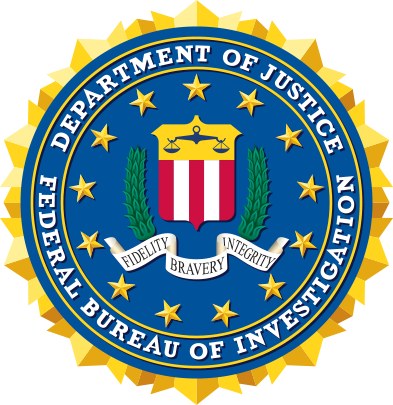
The holidays are a time for giving and joy, but they can also be a target for cybercriminals. The FBI Sacramento Field Office wants to help you stay safe online this season with 25 essential tips.
Why be Aware?
Cybercrime is a growing problem. In 2023, complaints to the FBI’s Internet Crime Complaint Center (IC3) increased nearly 10%, with reported losses exceeding a staggering $12.5 billion.
Your Defense Plan:
- Passwords Matter: Use strong, unique passwords for every account. Consider a password management tool for extra security.
- New Devices, New Passwords: If a device comes with a default password, change it immediately to a complex one.
- Credit Card Convenience Isn’t Worth the Risk: Avoid storing your credit card information online.
Beware of Deceptive Tactics:
- Suspicious Links and Emails: Criminals mimic legitimate websites and email addresses. Be cautious and double-check URLs and email addresses before clicking.
- Unsolicited Contact is a Red Flag: Ignore unsolicited emails, texts, and calls. Legitimate businesses will use contact information already on file.
- Oversharing on Social Media: Don’t post travel plans or photos of tickets online. This can advertise your absence and expose personal information.
Making Wise Purchases:
- Charity Check: Before donating, confirm the charity is a registered non-profit organization.
- Think Before You Click: Be wary of enticing online deals, especially for hard-to-find items on unfamiliar websites.
- Avoid Unseen Purchases: Never buy a vehicle sight-unseen online. Scammers may offer fake deals to steal your money.
- Gift Card Safety: Don’t buy gift cards or tickets from social media or third-party auction sites. When buying from a rack, inspect the card for tampering.
Job Scams and Financial Traps:
- Work-from-Home Schemes: Be cautious of work-from-home or secret shopper offers. They may be attempts to steal your information or trick you into sending money.
- Remote Money Management: Avoid “money mule” scams where you receive and redistribute funds for someone else. You could be unknowingly part of a criminal scheme.
- Gift Cards are Not Currency: Completing a transaction with a gift card is like using cash. It’s untraceable and can’t be recovered.
Dating and Investment Scams:
- Romance Scams are Real: Never send money to someone you haven’t met in person, especially when met online.
- Cryptocurrency Caution: Be wary of cryptocurrency investment schemes, especially those requiring app downloads.
Impersonation and Tech Support Scams:
- Don’t Trust Pop-Ups or Cold Calls: Ignore messages or calls claiming to be law enforcement or tech support. Never give anyone remote access to your computer.
Additional Security Measures:
- Lock Your Credit: Locking your credit is free and prevents unauthorized accounts in your name.
- Law Enforcement Doesn’t Demand Money: Real law enforcement will not ask for money or instruct you to transfer funds over the phone.
- Think Before Sharing Online: Scrutinize your social media posts to avoid promoting scams disguised as charities or businesses.
Report Suspicious Activity:
If you suspect a scam, report it to the FBI’s Internet Crime Complaint Center (IC3) at ic3.gov. Your report helps the FBI connect complaints, investigate crimes, and track trends.
Stay Informed:
The FBI Sacramento Field Office serves 34 California counties. Follow their social media pages for additional tips and graphics throughout the holiday season:
- Twitter: @FBISacramento
- Facebook: @FBISacramento
- Instagram: @FBI.Sacramento
By following these tips, you can protect yourself and your loved ones from cybercrime this holiday season. Remember, awareness is your best defense!


















